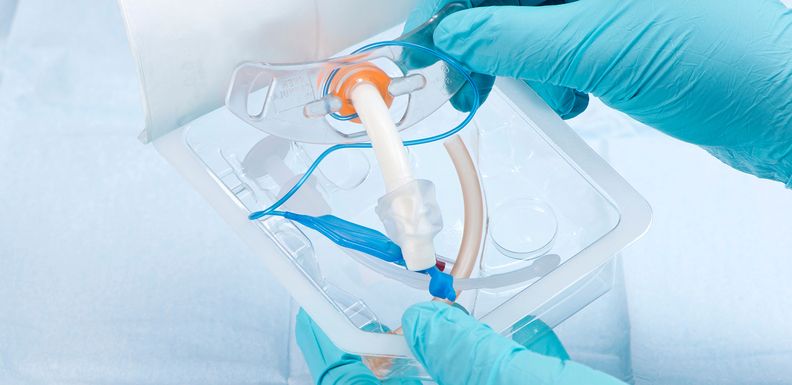
The materials in the Eastman Renew polymer portfolio are manufactured with ISCC certified circular content by mass balance allocation. The use of resins with certified circular content aligns with the ambitions of Pacur’s innovation agenda to contribute to a more circular future and divert plastic waste that would otherwise be headed for landfill. “A key element of our innovation agenda is a commitment to investing in the developing of next-generation sustainability solutions,” said Jason Eckel, Pacur's senior vice president of sales and marketing.
Eastar Renew 6763 is produced through the molecular recycling technology developed by Eastman and is indistinguishable from Eastar 6763 copolyester. It offers the same durability, safety and performance as its conventionally produced counterpart. Molecular recycling enables the use of circular polymers in the healthcare industry. It promotes the collection and recycling of hitherto unrecyclable polymers, thus contributing to the elimination of plastic waste and driving the collection and recycling of hard-to-recycle materials.
By using Eastar Renew, Pacur can certify that plastic waste has been diverted from landfills to produce new packaging. The percentage of recycled content is accounted for through an ISCC-certified mass balance accounting approach that allocates recycled content to Eastman Renew materials.
Expanding its efforts in this area, Eastman will start up the world’s largest material-to-material molecular recycling facility in Kingsport, Tenn. later this year.
Pacur’s use of Eastar Renew 6763 in sterile barrier packaging products is enabled by Pacur’s ISCC PLUS-certified facility, achieved in 2022. ISCC PLUS is a globally recognised, third-party certification system for tracking sustainable feedstocks through the supply chain.






